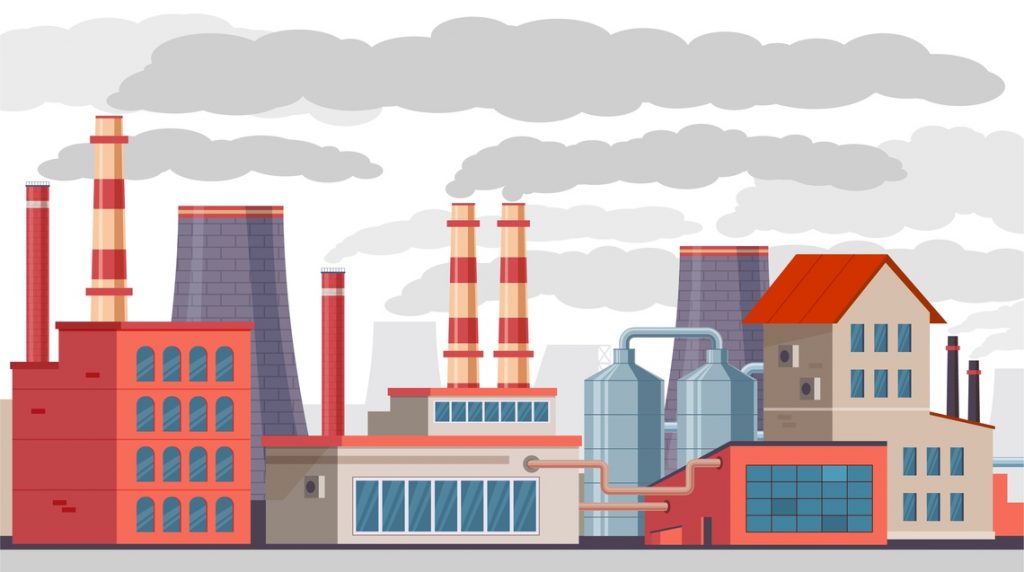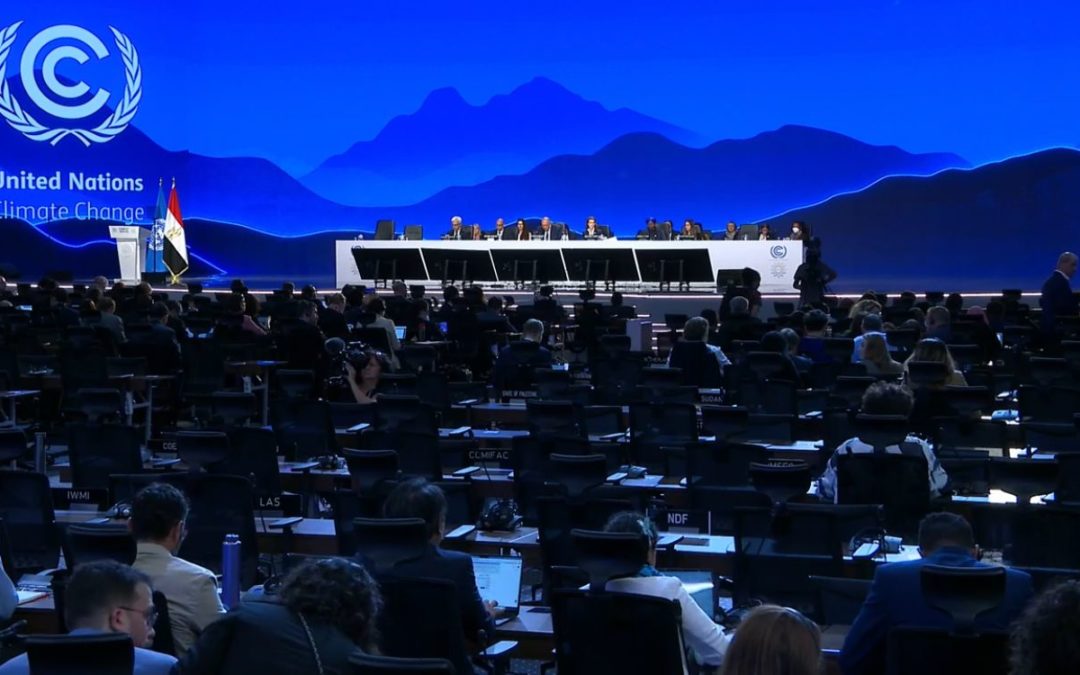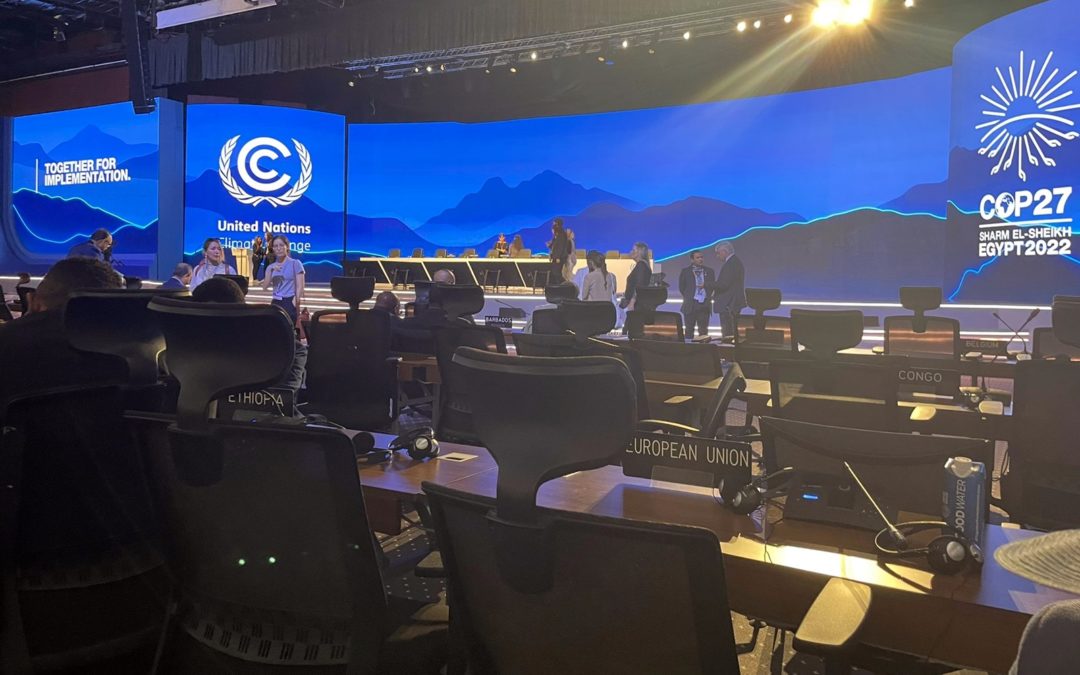The latest expert-level meeting of the subsidiary bodies of the UN Framework Convention on Climate Change (UNFCCC) was held from 31 May to 17 June to discuss important issues before the Glasgow COP at the end of this year. It was a session “full of firsts”, the conference was held online and it lasted for three weeks for the first time in the history of international climate negotiations. Moreover, this was the first formal session where no formal decision was made. Despite the difficulties, experts said the meeting was a success and progress had been made on important issues such as transparency and Article 6 on international GHG emission quota trading.
Due to the global coronavirus epidemic, official international climate negotiations have also suffered a significant delay. In 2020, neither the regular interim expert session nor the Conference of Parties (COP), the annual meeting of the UNFCCC took place, so everything slipped by a year. However, as Tosi Mpanu Mpanu, Chair of the Subsidiary Body for Scientific and Technological Advice (SBSTA) has put it during a background discussion, “climate change cannot be quarantined” and warming has been unbroken ever since. Although GHG emissions have fallen somewhat as a result of the restrictions, it is feared that the forced restart of economies will continue the global processes where they have stopped, and we can forget about a green recovery. That is why it was important that, despite the continuing uncertainties, the governing bodies of the UNFCCC decided to hold the interim expert session online, without which the organisation of COP26 could have been jeopardised this year again.
It should be noted that the May-June expert meeting sessions prepare the high-level agreements at the end of this year. Without proper preparation, there would not be enough time during the two weeks of the COP26 to discuss everything adequately. However, due to the existing difficulties (it is not an easy task to conduct the dialogue in 190 countries online, not least because of the differences in capabilities, including the availability of adequate internet connection, different time zones and so on), although a formal meeting was held, no formal decision was taken at this session. Even the agenda was not formally adopted, as that would have been a “decision”. However, the SBSTA Chair assessed that the three-week series of negotiations had been successful and that good progress had been made towards a successful COP26. Among the key issues were two topics that may seem technical at first but are key to the implementation of the Paris Agreement: transparency and the development of international emission allowance trading. Let’s look at these in a row.
The issue of transparency is essential in the implementation of the Paris Agreement. The hottest potato, of course, is money. Put simply, developed countries want to see what developing countries spend on the aid they provide while developing countries want to see exactly how much aid they can receive. But transparency in the context of the Paris Agreement is also about the right and interest of everyone to see what others are doing, as this is the only way to build trust in each other. And most importantly, to see how much emissions fall in each country. Expert work in this regard is currently quite technical, but according to the SBSTA Chair, sufficient progress has been made and the informal notes that were produced were able to capture progress. The technical work currently focuses on the elaboration of reporting tables and formats. However, due to the technical complexity, it was suggested by some Parties that a technical workshop might be needed before the COP to prepare properly for the necessary formal adoptions.

The other exciting topic of the negotiation was the development of post-2020 international emission allowance trading. This is nicknamed Article 6 discussions because Article 6 of the Paris Agreement authorises the establishment of the system. However, the Agreement does not go beyond the basics and does not discuss, for example, how such a system of cooperation should look like, or what should be its relationship with, for example, the previous Kyoto system (Clean Development Mechanism and Joint Implementation). Nevertheless, the importance of this issue is difficult to overestimate. On the one hand, there are countries that specifically plan in their emission reduction commitments (Nationally Determined Contributions – NDCs) to achieve part of it by financing GHG reductions made in other countries. The reasoning behind this is that sometimes it is cheaper to achieve the same reduction somewhere else than if it were done in their own territory and from the point of view of the atmosphere, it does not matter where that reduction actually takes place. On the other hand, many countries have a “surplus” of credits they still earned in the pre-2020 system and want to use them to achieve their commitments under the Paris Agreement or raise revenues.
However, if the new system is poorly designed and allows for double counting or other abuses, the whole Parisian ambition could be lost because emissions reductions will happen on paper, but not in reality. The three most important sub-issues within the Article 6 negotiations are the questions around share of proceed, accounting outside NDCs and use of pre-2020 units for post-2020. This issue is characterised by sharp differences between the Parties (even within the EU Member States). The issue is also interesting from the aspects of the CEE region since these Member States have accumulated a number of emission allowances under the pre-Paris system, which they could use to raise additional resources. We can recall for example that Hungary was among the first countries to sell international carbon credits back in 2010. While the European Commission is generally against using these credits because of the integrity of the system, some CEE Member States have a different approach.
This can be seen through the fact that it should have been concluded at the COP in Katowice 3 years ago but has not been possible since then.
Given the importance of the topic, the matter is addressed not only in formal negotiations, but several technical expert dialogues have also taken place already. Although there has been progress, the SBSTA Chair was not entirely satisfied and, in agreement with the incoming UK COP Presidency, a ministerial meeting was held on 23 June to try to resolve political differences. According to Mpanu Mpanu, “the whole world is looking at us” to conclude this branch of negotiations as soon as possible.




